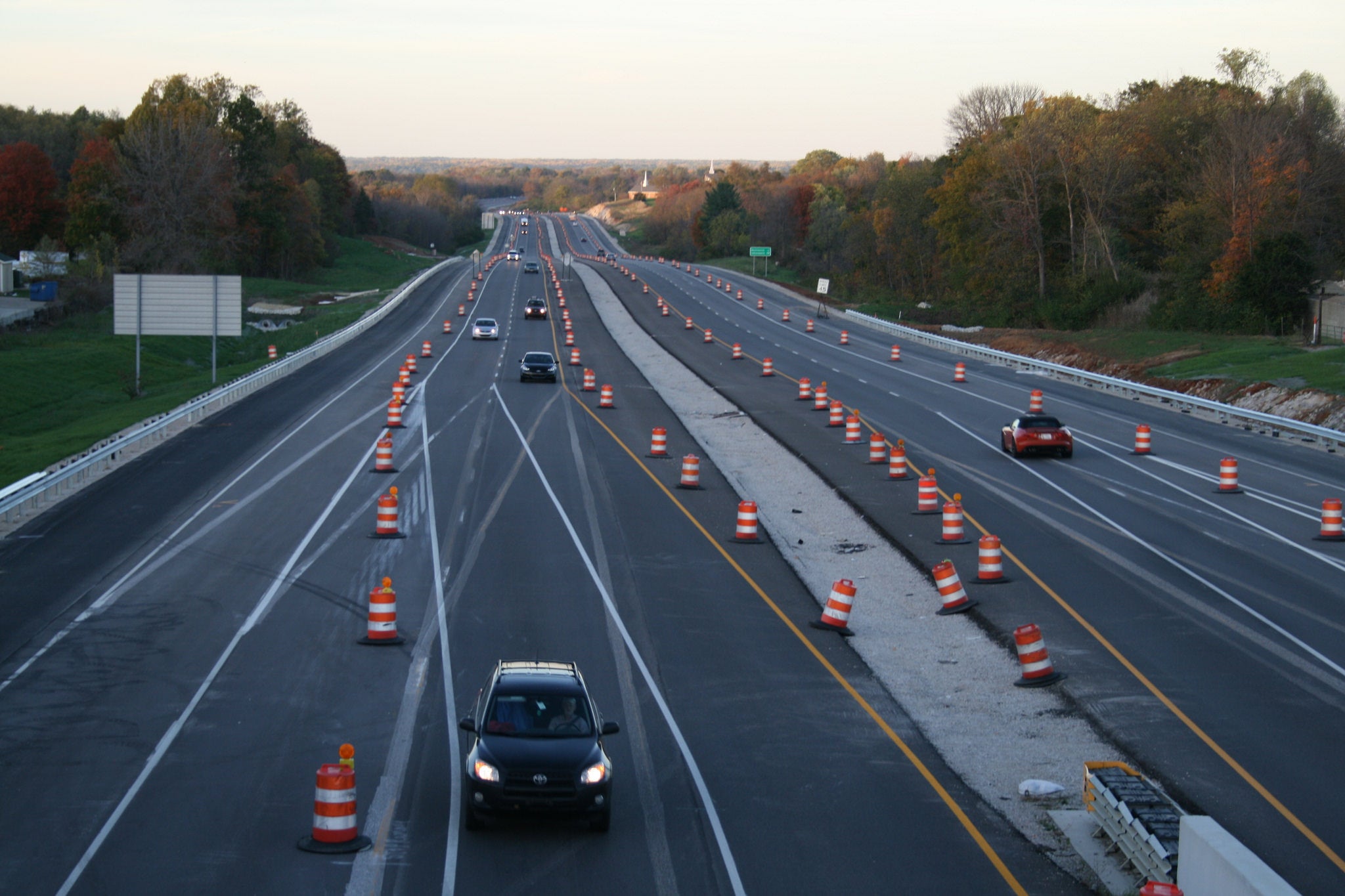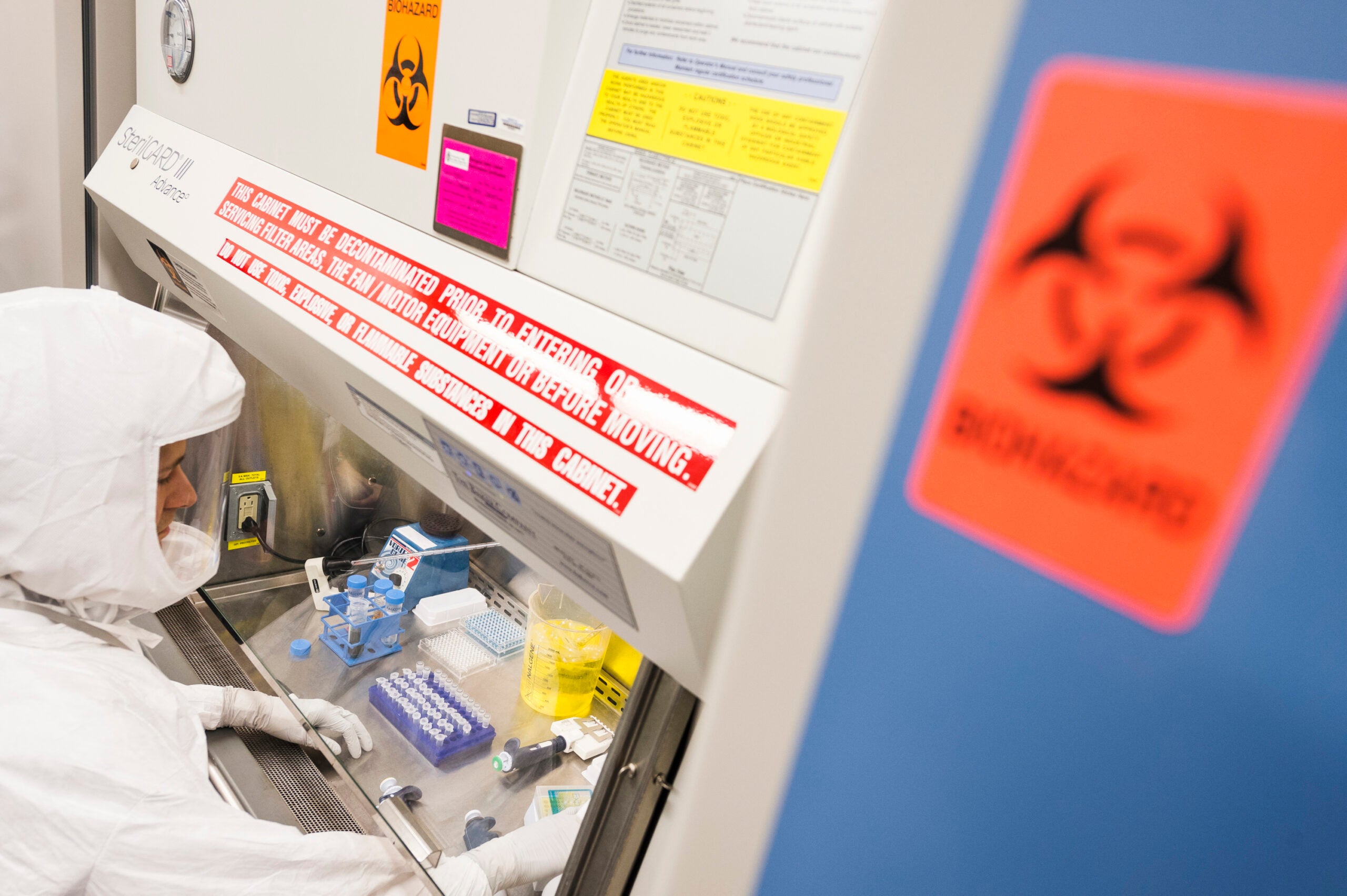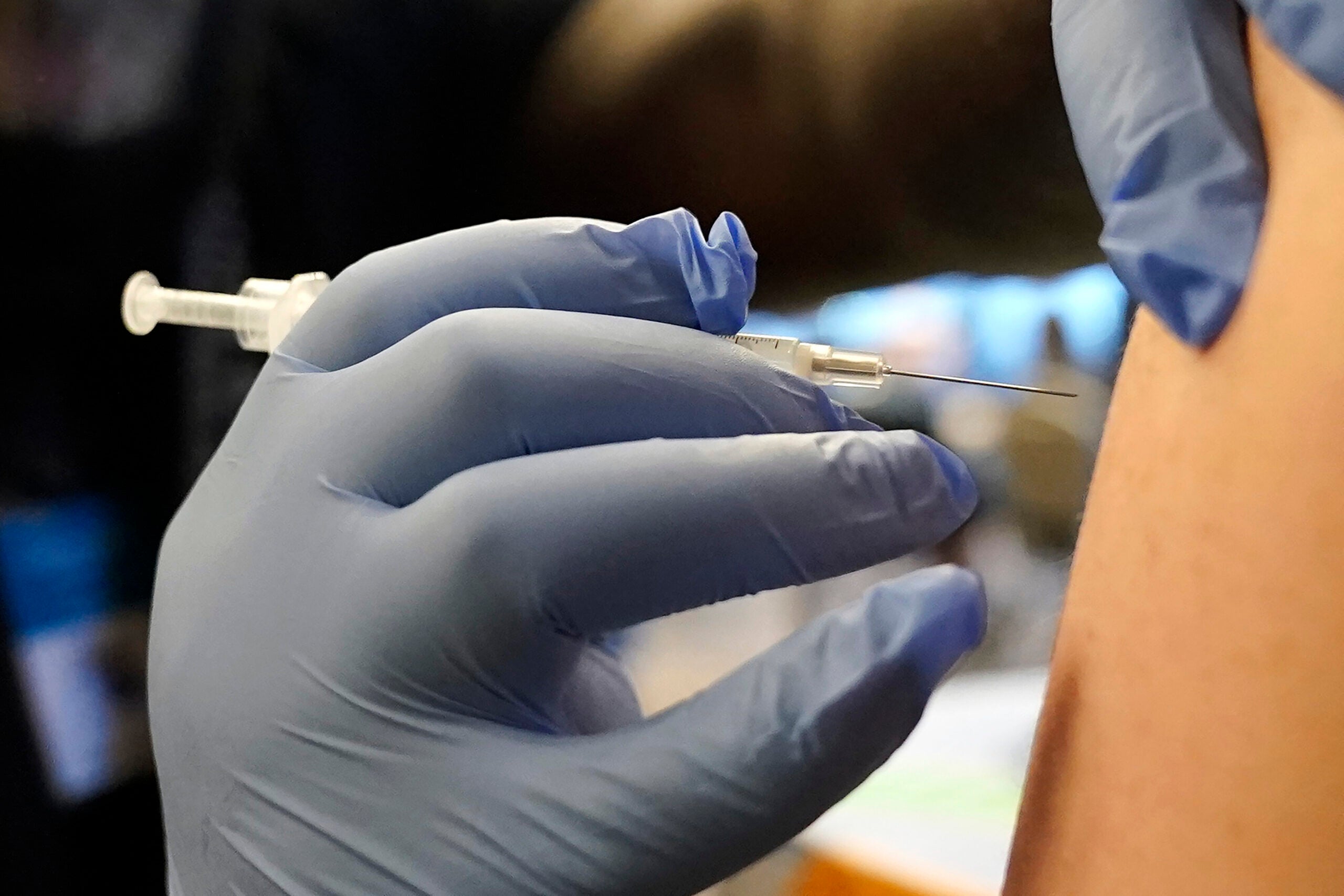Around 12 percent of North America’s wild mammals die each year in roadway accidents. We hear how animal overpasses and other designs can help keep animals safe. We also learn about how mRNA vaccines could be used to protect against more than just COVID-19. Plus, how processing negative emotions can help prevent loneliness.
Featured in this Show
-
The future of mRNA vaccines
Pfizer’s Covid-19 vaccine was the first FDA-approved mRNA vaccine in history. A scientist who’s been studying gene-based vaccines for decades explains how mRNA vaccines in the future could treat cancer, HIV, autoimmune disorders and more.
-
What U.S. roads mean for wildlife
Around 12 percent of North America’s wild mammals die on roads. A form of infrastructure known as wildlife crossings can help animals survive and thrive, but only around a thousand exist across the United States. We speak with a wildlife researcher about why that is, and what roads mean for the wildlife living around them.
-
How dealing with your negative emotions can impact loneliness
Many Americans experience loneliness, but new research shows how you deal with your negative emotions can have a big impact on how lonely you feel. We talk to one of the researchers behind the study about practical steps you can take to feel better.
Episode Credits
- Rob Ferrett Host
- Sarah Hopefl Technical Director
- Colleen Leahy Producer
- Christine Hatfield Producer
- Rachael Vasquez Producer
- Deborah Fuller Guest
- Patricia Cramer Guest
- Amit Goldenberg Guest
- Lee Rayburn Interviewer
Wisconsin Public Radio, © Copyright 2025, Board of Regents of the University of Wisconsin System and Wisconsin Educational Communications Board.



